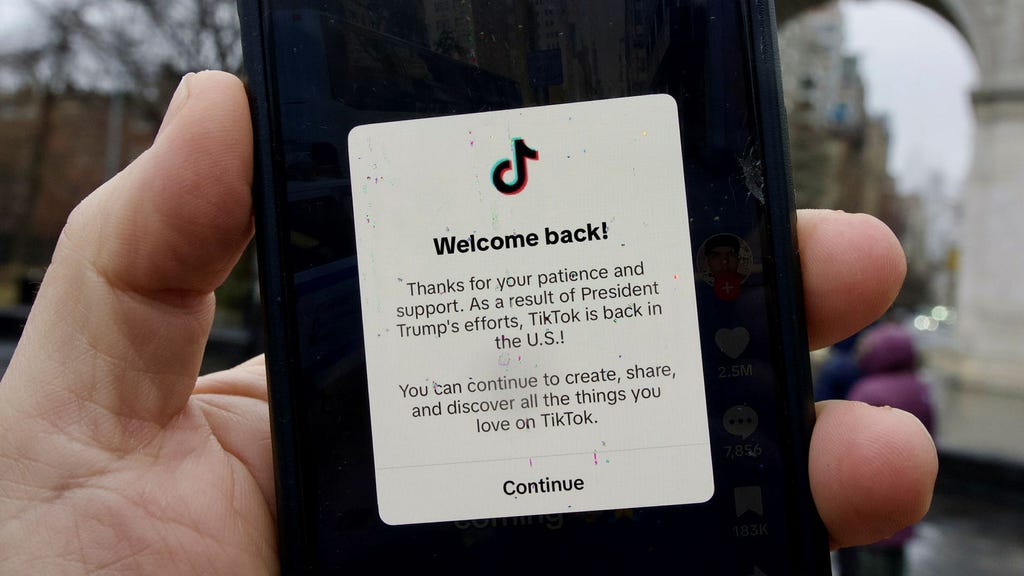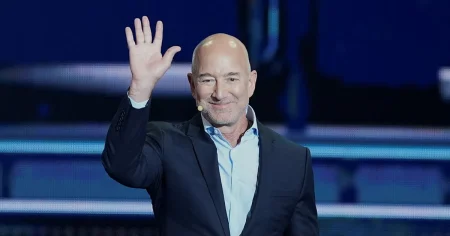The Tumultuous Saga of TikTok’s Ban in the United States
The fate of TikTok in the United States has been a rollercoaster ride of legal battles, political maneuvering, and unexpected twists. Formally, TikTok was banned in the US on January 19th, following the enforcement of the "Protecting Americans from Foreign Adversary Controlled Applications Act" (PAFACA). This law, passed in April of the previous year, was the culmination of several attempts to ban the popular social media platform, initially spearheaded by former President Donald Trump in 2020. The legislation mandates that ByteDance, TikTok’s Chinese parent company, either divest its ownership to a US entity or cease operations within the country. After the US Supreme Court upheld the law’s constitutionality, TikTok ostensibly shut down its services in the US and was removed from app stores. However, this was just the beginning of a far more complex narrative.
Mere hours after the apparent shutdown, American users were greeted with a surprising message: TikTok was back. This unexpected resurrection was accompanied by a message thanking President Trump for his efforts in reinstating the platform. The sudden reversal stemmed from the incoming Trump administration’s decision to defer implementation of the ban. While the law technically prohibits app stores and internet providers from offering TikTok, the Trump administration indicated it wouldn’t penalize these entities for non-compliance, effectively circumventing the ban. This placed the future of TikTok in a state of legal limbo, dependent on the political whims of the newly reinstated president.
Donald Trump’s stance on TikTok has been a significant driver in this ongoing saga. Throughout his initial presidency, Trump consistently voiced concerns over TikTok’s perceived threat to national security, culminating in a 2020 executive order compelling ByteDance to sell its US operations. However, the succeeding Biden administration revoked this order, seemingly paving the way for TikTok’s continued presence in the US. Yet, during his subsequent presidential campaign, Trump seemingly reversed his position, suggesting that a TikTok ban would unfairly benefit Meta, a company he viewed as a political adversary. This fluctuating stance underscores the intricate interplay of national security concerns, economic interests, and political rivalries influencing the TikTok debate.
Trump’s return to the presidency brought with it a renewed focus on TikTok’s fate. Instead of an outright ban, he offered ByteDance a 90-day extension to secure a US buyer, initially aiming for a 50% US ownership stake. This temporary reprieve opened the door to further negotiations and speculation about potential buyers. Numerous companies and individuals, including Oracle, Walmart, Microsoft, Elon Musk, billionaire Frank McCourt, and even YouTuber MrBeast, have been rumored as potential suitors for TikTok’s US operations. However, concrete details regarding formal bids remained scarce, with Project Liberty, an initiative led by Frank McCourt, emerging as one of the few confirmed bidders.
The uncertainty surrounding TikTok’s future has global implications, particularly for content creators and users outside the US. While several countries have implemented TikTok bans, there are currently no such plans in nations like Sweden. However, a US ban would undoubtedly impact international users who follow American creators, potentially disrupting the flow of content and cross-cultural exchange on the platform. This interconnectedness highlights the global reach of the TikTok saga and its potential to reshape the digital landscape beyond US borders.
The story of TikTok in the US is far from over. The interplay of legal challenges, political maneuvering, and economic considerations continues to shape the platform’s destiny. While the temporary reprieve offers a window of opportunity for ByteDance to navigate the complex regulatory landscape, the long-term viability of TikTok in the US remains uncertain. The ongoing debate raises fundamental questions about national security, data privacy, and the influence of social media platforms in the digital age. The resolution of this saga will undoubtedly have far-reaching consequences for the future of online communication and international relations.














